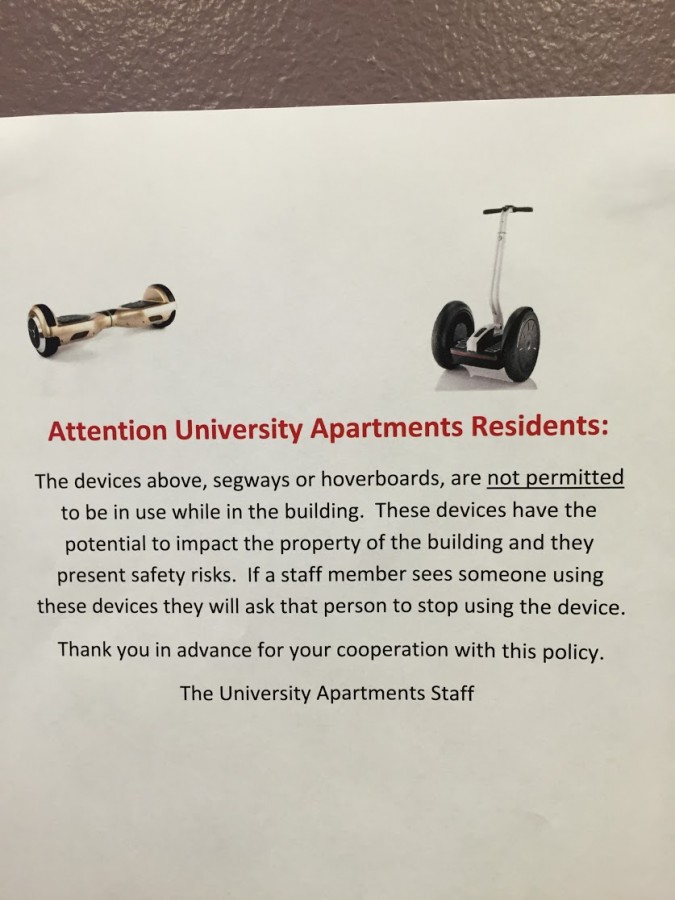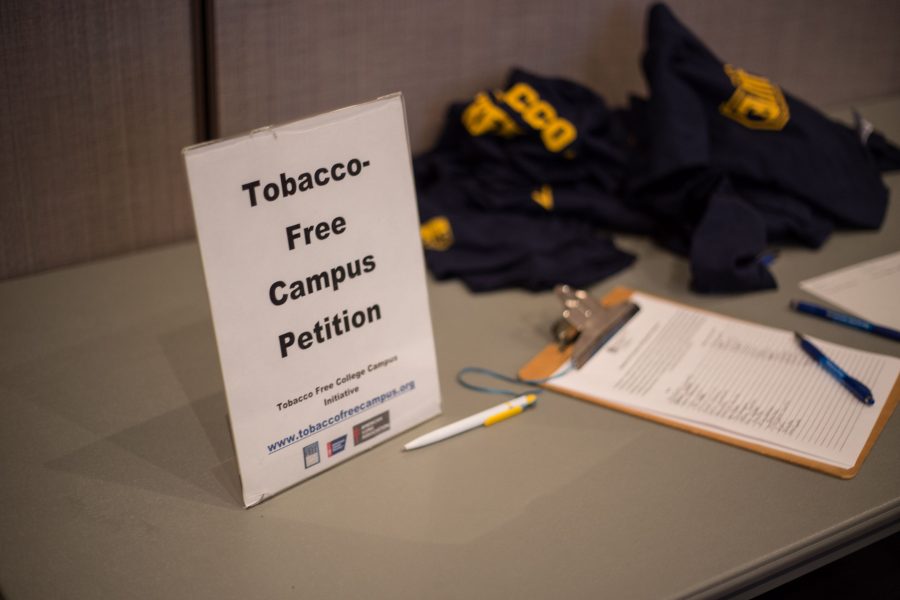It was a sad state of affairs last month when Boston College decided to crack down on the public, free distribution of condoms on campus that it had developed through the “Students for Sexual Health,” an unofficial student organization. To watch a school retroactively take away an approach related to its students’ well-being is like watching a bar owner sneak money from the employee tip jar.
But lest we forget: in this game of pragmatism versus archaic restriction, Boston College has been sent back to the dugout to find its friend Marquette, a benchwarmer for the no-condom team since 1881.
Welcome to the club, BC. I hear there are hot cookies on Mondays.
I don’t believe I need to dive very far into the argument here. The fact is that students are having sex every day at universities, Catholic or not: more than 79 percent, according to the Center for Disease Control. The fact is that 15- to 24-year-olds transmit half of new sexually transmitted infections each year. The fact is that students across the country are bringing their college experiences to a tumultuous halt after getting pregnant.
These are clear and present health issues; and as a responsible university and a leadership entity, Marquette needs to take another look at its priorities to decide whether it is willing to lower these statistics by introducing free contraception to students, a health measure practiced by a vast majority of colleges and universities.
With all the buzz about health issues on campus, from alcohol to flu shots, where’s the vociferous, open talk about the risk of pregnancy? STIs? Crickets, as far as I’ve heard.
You know what, forget about the condoms themselves. The other consequence of Marquette’s negligence toward student needs in this regard, which is in some ways much worse, is the message of taboo it send to students who just need to discuss sexual issues with someone on campus. The Health Services website is quick to acknowledge its willingness to speak about birth control one-on-one when it’s to be used for non-sexual health conditions, but for a question about sexuality, the advice must be constrained “within the context of college health and Catholic tradition regarding human sexuality and birth control,” according to the Health Services website.
With that kind of attitude, and with many students who will seek advice outside those constraints, how is a student to feel open and safe when discussing it?
This should be the first wake-up call for the university: Young folks need somewhere comfortable to talk about these things. Perhaps Student Health Services is the place. But just like anything else on campus – intramural sports signups, the Counseling Center, career fairs – it’s all for nothing if the university doesn’t send the message louder and clearer to students.
I understand the influence of Catholic teaching at Marquette, and of course, that influence should not be undermined just for the sake of undermining it. But when it comes to caring for students – the whole student, as “cura personalis” relentlessly beams at students around campus every day – then why is the university ignoring this one huge part?
We can always look to our neighbors for answers. Loyola University Chicago’s wellness webpage goes into great detail about how to practice safe sex and even what types of contraception to use for what types of sex and advice for non-Catholic students.
This time, it wouldn’t hurt Marquette to follow these trends and put itself a bit ahead of the curve.
—
Tony Manno is a junior double majoring in journalism and writing-intensive English. Email him at anthony.manno@marquette.edu.







2010 Alum • Apr 26, 2013 at 7:57 am
It also wouldn’t hurt for you to brush up on Catholic sexual ethics. Can you articulate why (emphasis) the Church teaches that contraception is morally impermissible? You say “I understand the influence of Catholic teaching at Marquette.” Catholicism is not just an influence. Proclaiming Jesus Christ, crucified and risen, (and the teachings of His Church) is the reason for this university’s existence. Is Marquette keeping students from buying condoms? While fornication is prevelent on college campuses, it does not mean that Marquette has to endorse it. I can go on and on about the inefficacy of contraceptives, but I’ll save that for another post.
You have been at Marquette for three years. Take some time to educate yourself about the idea of a Catholic university. You chose to attend Marquette, a school named for a Catholic priest with the expressed mission of doing all things “for the greater glory of God.” Do not be surprised when our alma mater promotes her Christian identity.
2010 Alum • Apr 26, 2013 at 7:57 am
It also wouldn’t hurt for you to brush up on Catholic sexual ethics. Can you articulate why (emphasis) the Church teaches that contraception is morally impermissible? You say “I understand the influence of Catholic teaching at Marquette.” Catholicism is not just an influence. Proclaiming Jesus Christ, crucified and risen, (and the teachings of His Church) is the reason for this university’s existence. Is Marquette keeping students from buying condoms? While fornication is prevelent on college campuses, it does not mean that Marquette has to endorse it. I can go on and on about the inefficacy of contraceptives, but I’ll save that for another post.
You have been at Marquette for three years. Take some time to educate yourself about the idea of a Catholic university. You chose to attend Marquette, a school named for a Catholic priest with the expressed mission of doing all things “for the greater glory of God.” Do not be surprised when our alma mater promotes her Christian identity.